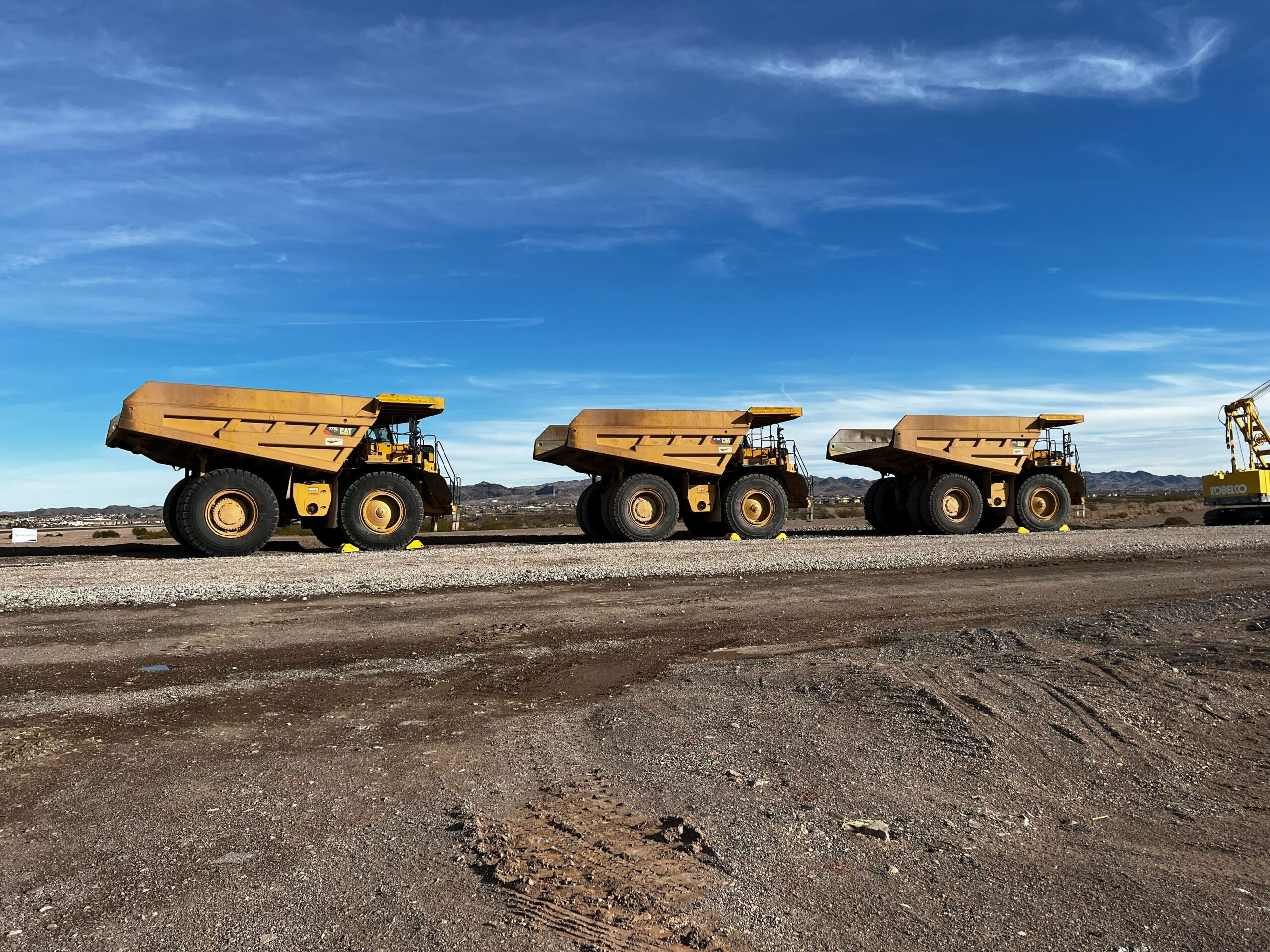War of the elements
China’s dominance of the lithium market – a vital component in batteries for smart digital goods such as phones, laptops and electric vehicles (EVs) – could face a challenge as the West attempts to ramp up its processing of the metal labelled “white gold”.
Following years of state support and a desire to cut its reliance on foreign oil, China produces nearly three quarters of the world’s batteries.
Since the 1990s, lithium has become a prized resource and its demand is set to stay high for the foreseeable future. It’s mined in mountainous regions and the largest producers are Chile, Australia and then China.
Refined tastes
The big issue for the global supply chain is that until fairly recently, the lithium mined in Australia – as well as the USA, Canada and some European nations – still had to be refined and processed elsewhere. And when it comes to processing lithium, China is in a league of its own.
China absorbed around 40% of the 93,000 metric tons of raw lithium mined globally in 2021. Hundreds of so-called gigafactories across the country are churning out millions of EV batteries for both the domestic market and foreign carmakers like BMW, Volkswagen, and Tesla. In addition, firms like Apple and Samsung have huge appetites for Chinese lithium.
Plus, China has wideranging tentacles at executive levels. Tianqi Lithium, one of the biggest Chinese mining and manufacturing companies, based in Sichuan, also owns stakes in SQM, Chile’s biggest mining company, and Greenbushes, Australia’s biggest lithium mine.
In its World Energy Outlook 2022 report, the International Energy Agency said China accounted for roughly 60% of the world’s lithium chemical supply.
Secrets and alkalis
But it’s up to the US and Europe to cut their dependence on China for lithium and batteries, experts say, with Goldman Sachs positing that with more than USD $160bn in new capital expenditure by 2030, things could shift dramatically.
According to a report by the investment bank, it believes a sharp pivot to protectionism in Washington and Brussels, combined with an unprecedented spending spree by non-Chinese companies, have the potential to liberate the West from being yoked to Chinese lithium over the next seven years, as reported in the Financial Times.
To obtain a self-sufficient supply chain, countries competing with China would need to spend $78.2bn for batteries, $60.4bn in components and $13.5bn in mining of lithium, nickel and cobalt, as well as $12.1bn in refining of those materials, the report calculated.
The bank’s analysts believe demand for finished batteries could be met independently of China within the next three to five years, largely thanks to big investments in the US by South Korean conglomerates LG and SK, who have been attracted by massive subsidies from US taxpayers.
Our take
The scramble for lithium will one day be as ruthlessly political and economically fundamental as gas or oil, as electric vehicles and communications become more entrenched in our world.
The European Commission President, Ursula von der Leyen, recently said: “Lithium and rare earths will soon be more important than oil and gas.”
The Chinese domination may well be affected by various factors, including its own soaring domestic consumption and while processing plants and mining operations take time to come online, the future rewards are axiomatic.
For investors, the concept of countries not only mining more of the element but actually processing it, offers a spectrum of wonderful opportunities.
